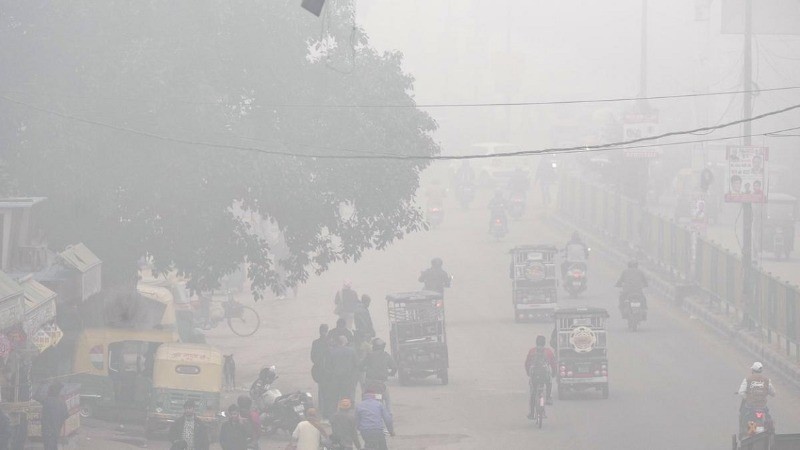
New Delhi: The national capital continues to experience a biting winter chill as the minimum temperature dipped to 9.4°C at Safdarjung and 9.6°C at Palam on Monday, according to the India Meteorological Department (IMD). A dense layer of fog engulfed the city in the early hours, causing reduced visibility and disrupting transportation schedules.
Fog Disrupts Flights and Train Services
The thick fog led to significant delays at Indira Gandhi International (IGI) Airport, where several flights were reported late. Meanwhile, train services across Northern India were severely impacted. The Purushottam Express experienced the most significant delay, running behind schedule by 311 minutes. Coming next was the Poorva Express, which faced a delay of 198 minutes. These extended delays highlight operational challenges impacting the punctuality of train services. Other trains, such as the Shramjeevi Express (197 minutes), JBP NZM SF Express (187 minutes), and YPR Dee Duronto Express (154 minutes), were also affected.
Additionally, the Rajendra Nagar Patna Tejas Express and Suhaildev Express experienced delays of 124 and 105 minutes, respectively. Some trains were outright cancelled due to the persisting weather conditions.
Homeless Seek Refuge Amid Intensifying Chill
As the cold wave gripped Delhi, homeless individuals sought safety in night shelters provided by the government. With temperatures dropping further, authorities are urging citizens to take precautions to protect themselves from the harsh winter.
Air Quality Remains a Major Concern
Delhi’s air quality also remains a significant issue. The overall Air Quality Index (AQI) was recorded at 282 at 7 AM, placing it in the ‘poor’ category, according to the Central Pollution Control Board (CPCB). Several areas, such as Jahangirpuri (346), Nehru Nagar (345), and Patparganj (344), reported alarming AQI levels. North Campus (314), Narela (313), and Mandir Marg (308) also recorded ‘very poor’ air quality.
Moderate air quality levels were noted at Lodhi Road, where AQI readings ranged from 181 (IITM) to 233 (IMD). NSIT Dwarka recorded the lowest AQI of 125, falling under the ‘moderate’ category.
AQI Categories Explained
The AQI classification is as follows:
As Delhi grapples with the dual challenges of plummeting temperatures and deteriorating air quality, citizens are advised to take necessary precautions to safeguard their health and well-being.